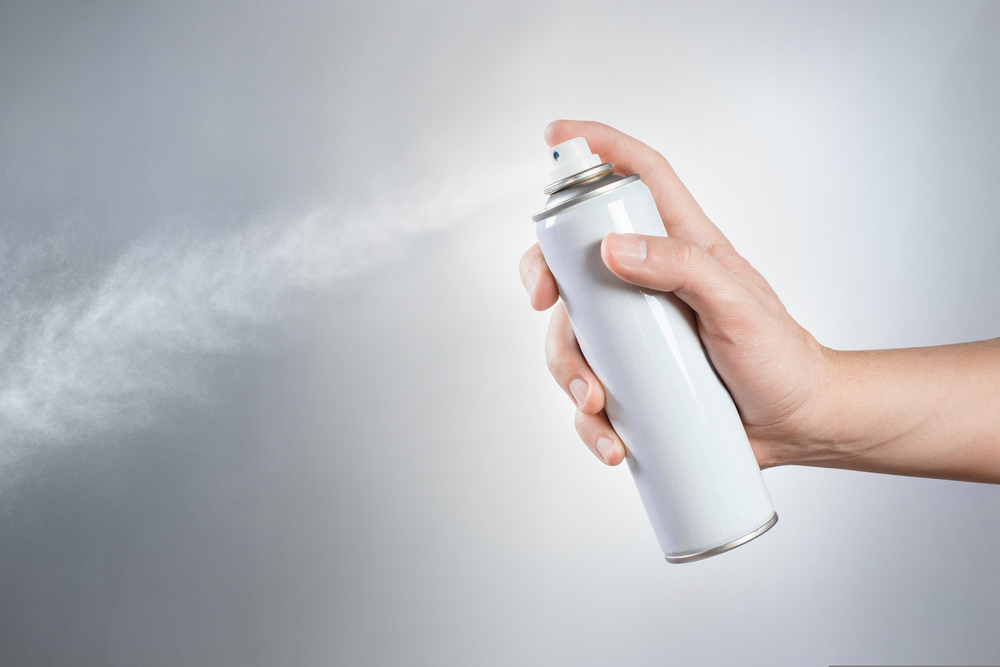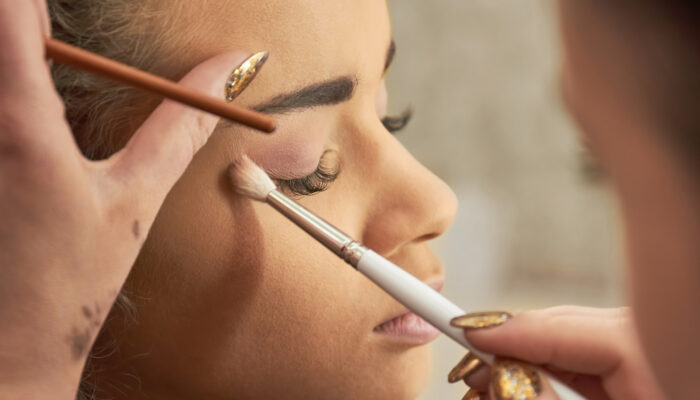
Typical Odors That Trigger Migraines
If you tend to experience the onset of migraine when you are exposed to certain smells, you are not alone. This migraine response to smells is quite common. Migraine sufferers frequently report intolerance to specific smells and intense odors play a major part in the recurrence and the severity of migraines. An aversion to smells or a heightened or elevated sensation is called osmophobia.
For most migraine sufferers an attack means sitting on a bed in a dark room with a cool towel until it subsides. The signs of an attack are sometimes obvious, and they can show you a pattern of symptoms and give you some ideas as to how to control your migraine. Studies are still needed to show a link between migraines and odors in certain regions in the brain. The studies also show that between 25-50 percent of migraine sufferers experience some sensitivity to smell, and it varies among sufferers. Frequent offending odors include:
1. Food odors
There are certain foods and food odors that are associated with migraines. Some of those foods include cheese, chocolate and salami, and some of the odors are from pickled, cured, fermented foods.
2. Cigarette smoke
Research shows that tobacco is a contributing factor to migraines, and smokers tend to have migraine more often than non-smokers.
3. Perfumes
Many migraines sufferers cite perfume as a cause of migraine. Especially strong fragrances or colognes in close quarters such as elevators or in the workplace.
4. Cleaning chemicals
Household cleaning products contain chemicals that can trigger migraines. When chemical toxins are used in suffocating environments, the gases released can trigger migraines.
5. Candles or air fresheners
Studies show that fragranced products such as candles, soap, and air fresheners can cause migraine, breathing difficulties and dizziness.
If you know that a sensitivity to smell is one of your symptoms, there are ways you can prevent or treat the attack. Early treatments can decrease your symptoms. For instance, once you identify the smells, you can avoid them by doing the following:
- Remove the scents from your houses, such as scented candles and other scented items that might cause a reaction.
- Request to have certain scents removed from your workplace environment.
- Open up windows, if you or someone is cooking to rid the kitchen of the debilitating smells.
Many migraine sufferers are sensitive to more than odor, but to loud sound and bright light as well. The research remains inconclusive as to why certain odors or smells trigger migraines or how they make them worse or how a scent is part of the aura of migraines. Sensitivity to smells is a symptom of migraines. You should consult your doctor to help find a link between migraines and odors so that you can identify triggers to help you to understand the attacks better.
Even though every migraine sufferer is different, there are common triggers that affect a large majority of sufferers. Identify those symptoms, and you will be well on your way to managing your attacks.
Researchers and doctors do not fully understand the exact cause of migraine. Experts believe that the extra sensitivity to smell is due to heightened activation in the pain receptors in the brain. Migraine aura is an infrequently visual disturbance that can be seen as some kind of a hallucination, which means smelling an odor that is not there. The migraine aura occurs one percent or less of the time, but migraine sufferers have reported scents of cat food, fish tanks rotten or burnt food and burnt plastic. However, many known factors can trigger migraines, such as:
- Stress
- Lack of sleep
- Dieting
- Alcohol



